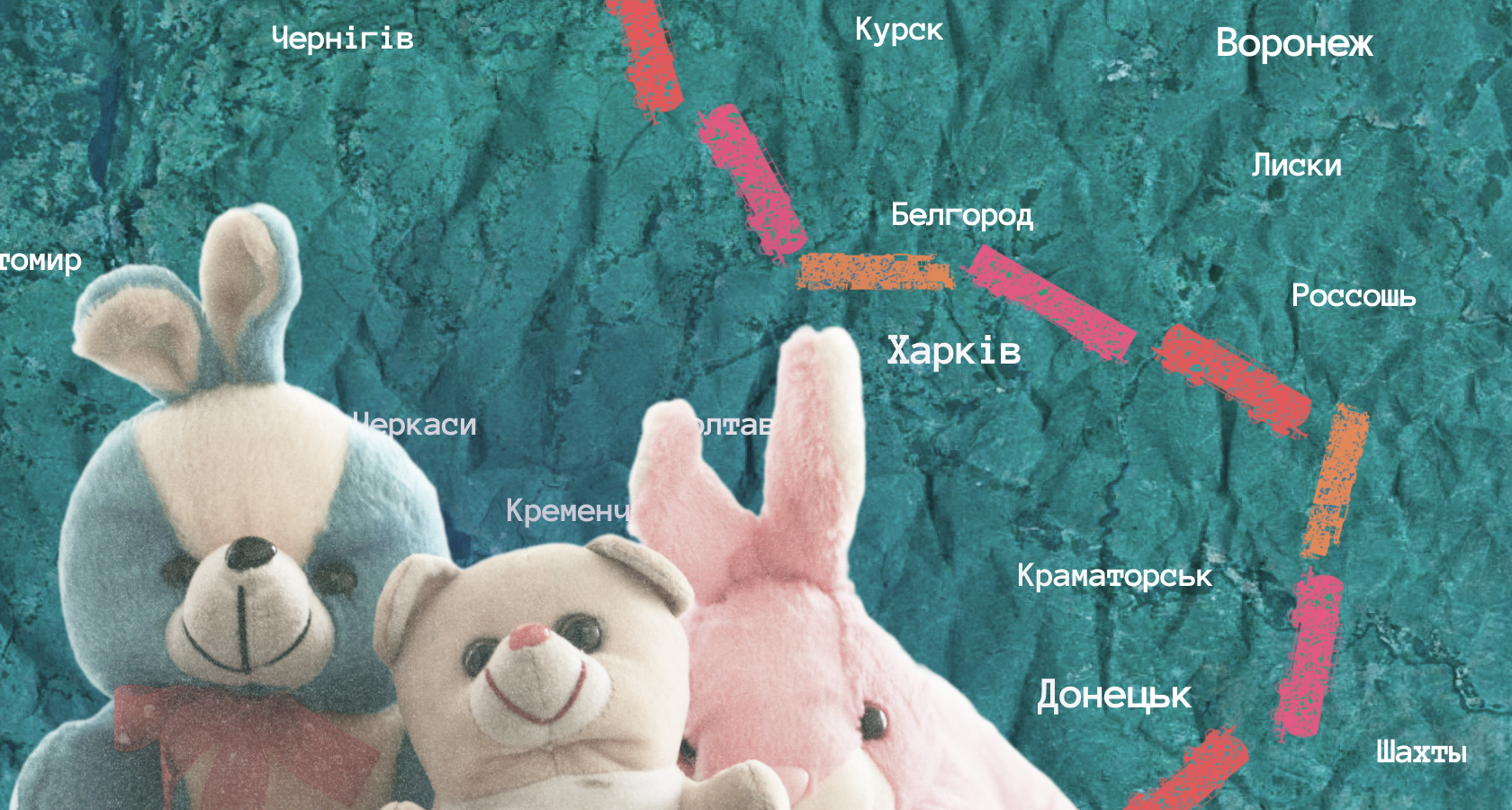Abstract
This brief examines the issue of the forced deportation of Ukrainian citizens under the age of majority to the territory of the Russian Federation or Ukrainian territories illegally occupied by the Russian military.
In the course of Russia’s full-scale invasion of Ukraine and occupation of several regions, thousands of Ukrainians were captured, abducted or illegally deprived of their liberty, and put through filtration camps. On February 20, 2023, Olga Altunina, a representative of the Ukrainian Parliament Commissioner for Human Rights, reported that 14,000 children had been abducted since the start of the war. According to the data reported by the Children of War project, 19,393 Ukrainian children have been taken to Russia.
The “illegally relocated” include orphans, children with disabilities, unaccompanied minors, children without documents, infants, children separated from their relatives during hostilities or whose parents died or disappeared, children sent to “health camps” by Russian authorities and not returned to Ukraine, and children held in temporary accommodation centers. Orphans and unaccompanied children are most at risk: they lack legally assigned persons representing their interests. Such lacuna opens opportunities for establishing guardianship against their will, forced acceptance into Russian citizenship, and significantly complicates leaving Russia.
Open data suggests that the geography of distribution includes 57 regions of Russia. Children are placed with foster families, in boarding schools, and “health camps.” While the Ukrainian authorities and non-profit organizations have done a tremendous job, it is impossible to organize a systematic search and retrieval of children without the help both from within Russia and at the level of international organizations. Exchange of information between Ukrainian and Russian NGOs is needed to organize targeted searches, and provide advice to parents who are ready to travel to Russia on their own to pick up their child.
Authors
- S. Ross (Collective Action think tank)
- M. Krasova
- V. Zhbankov
- V. Plekhanova
- Vitaly Bovar (Collective Action think tank)



